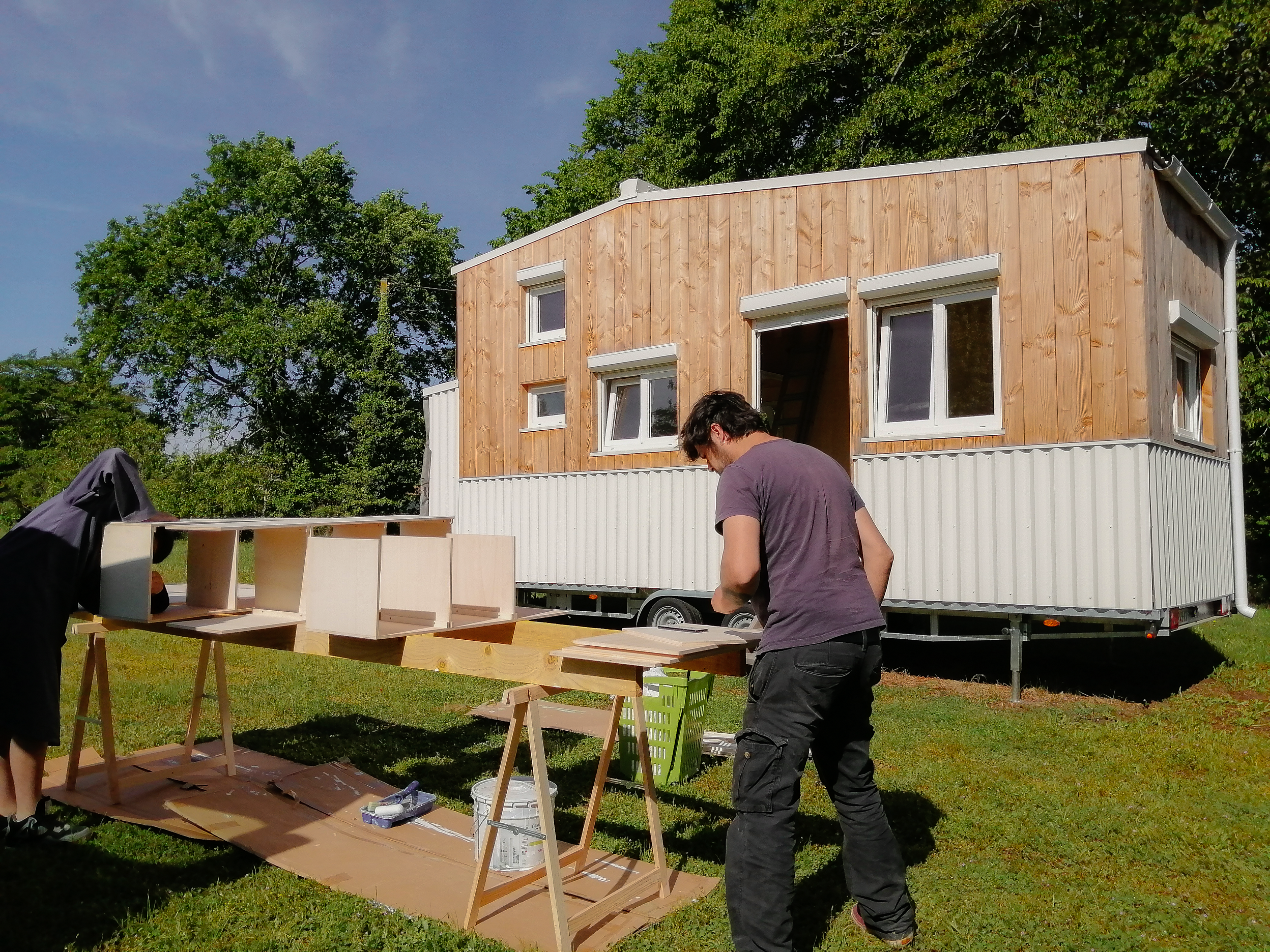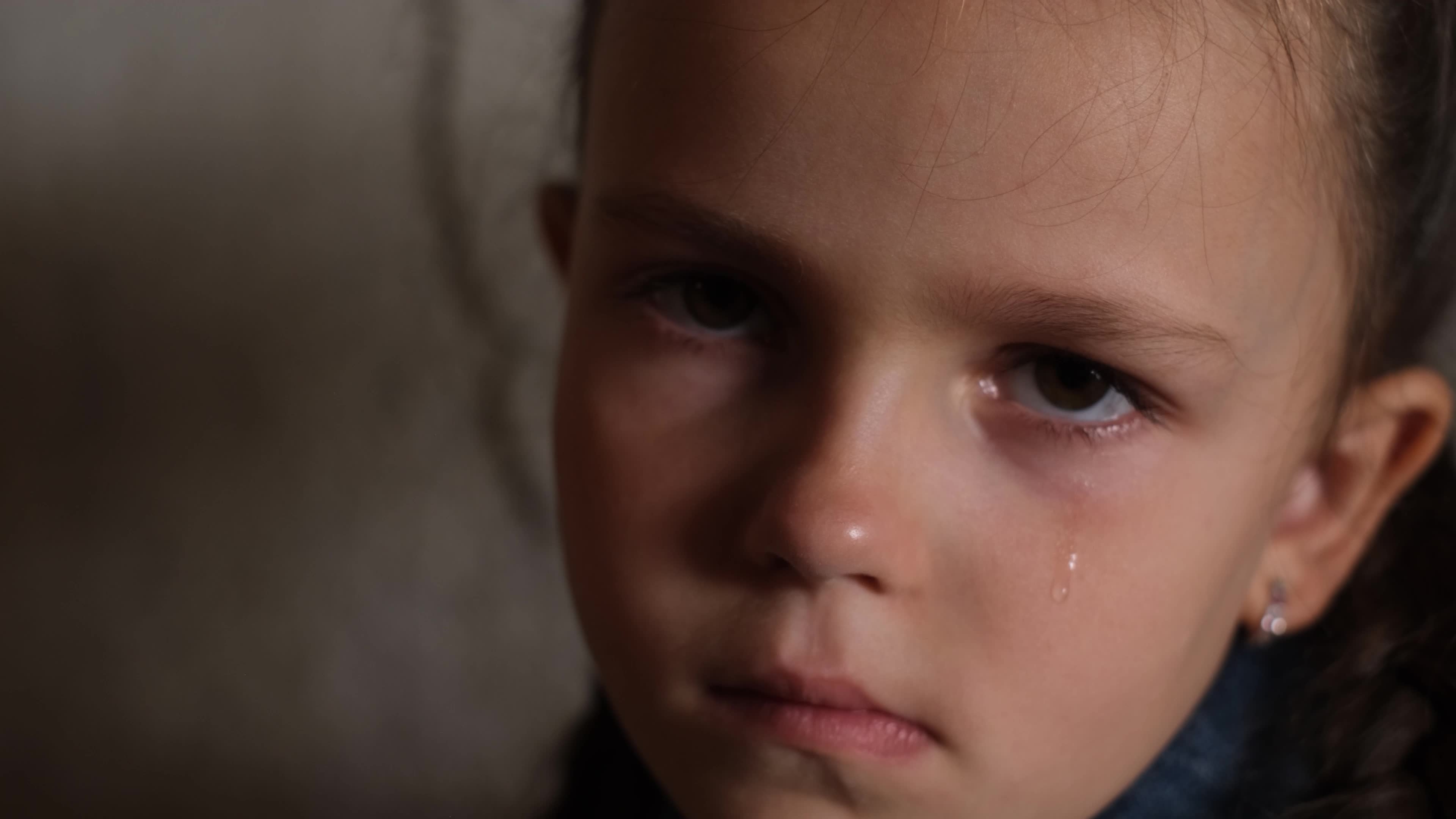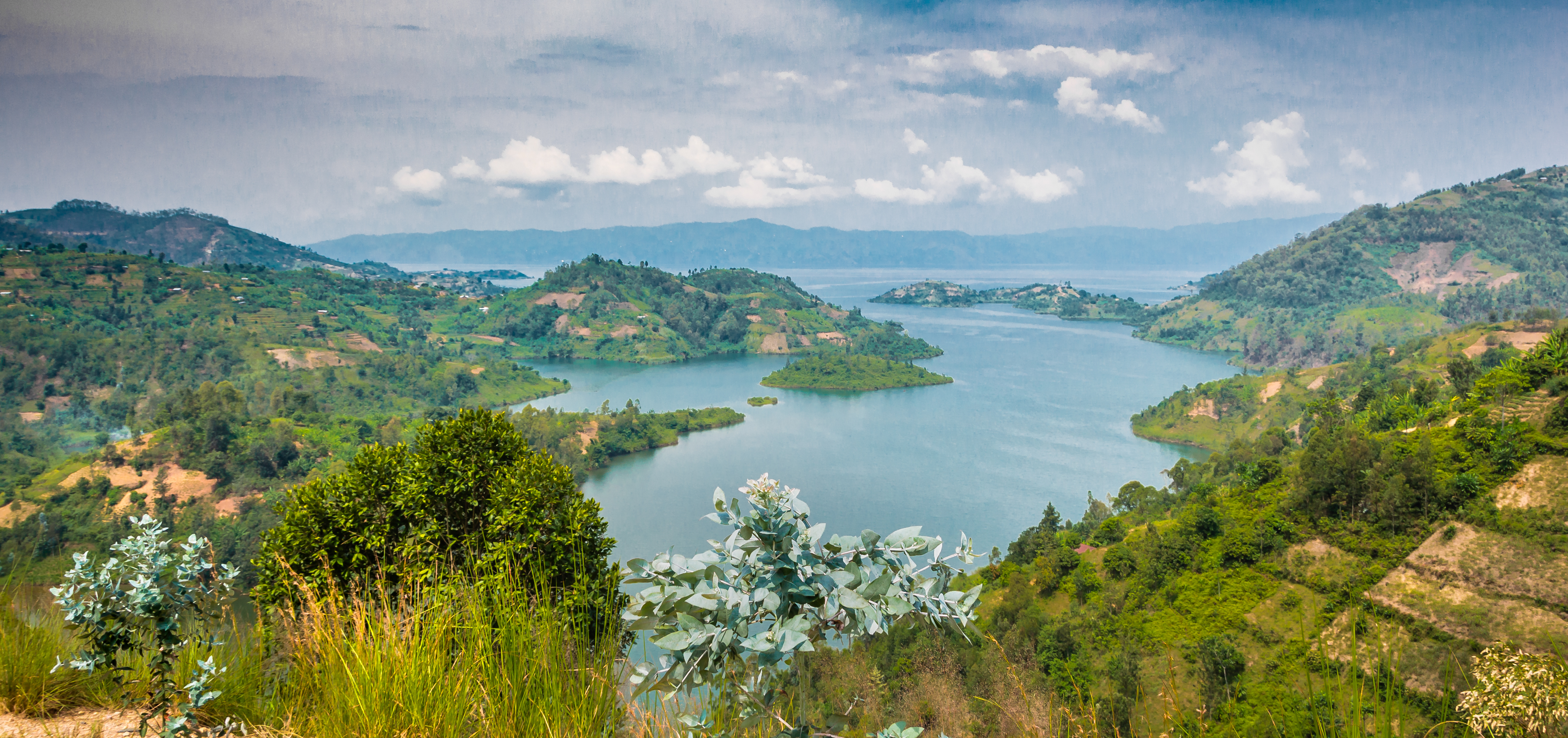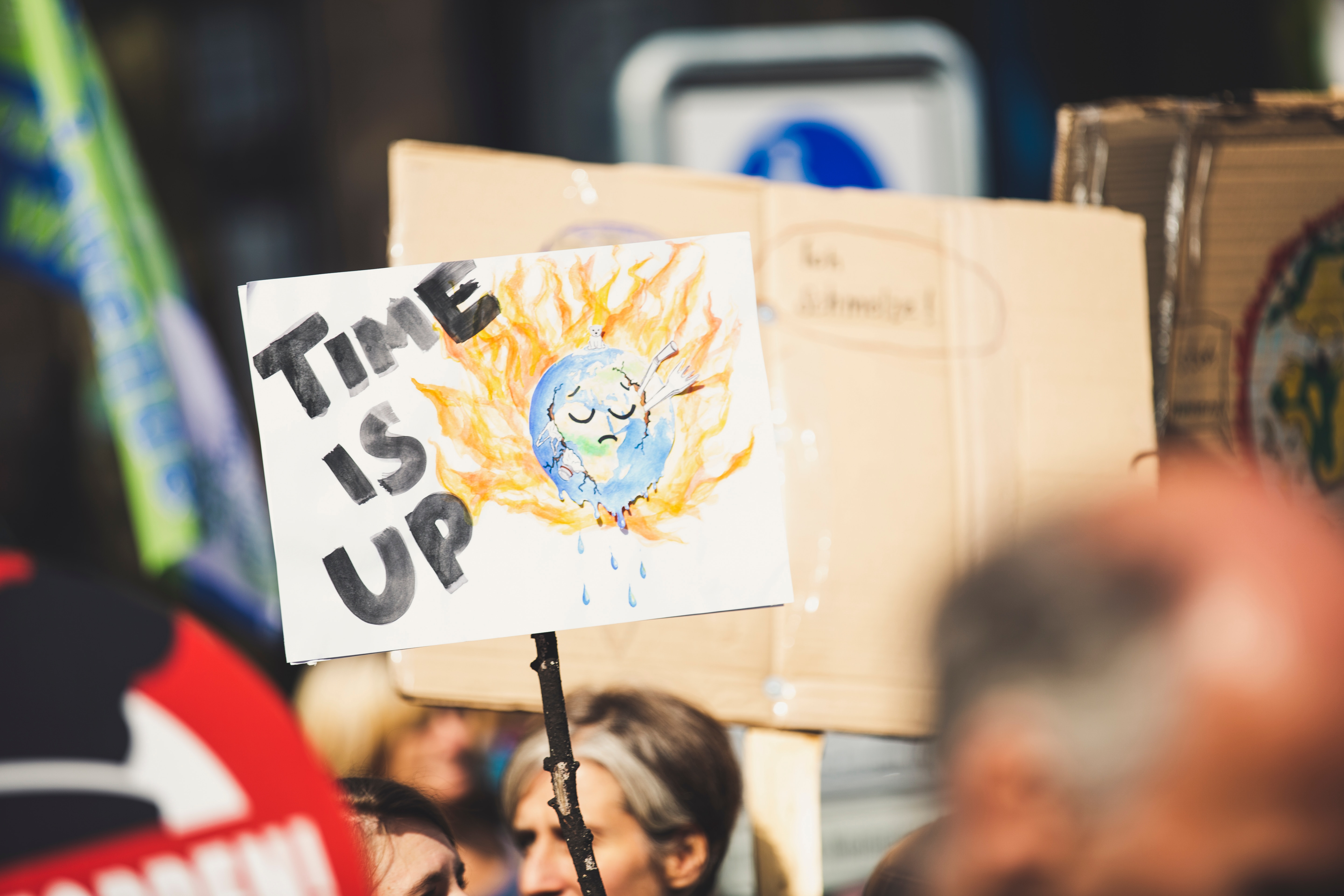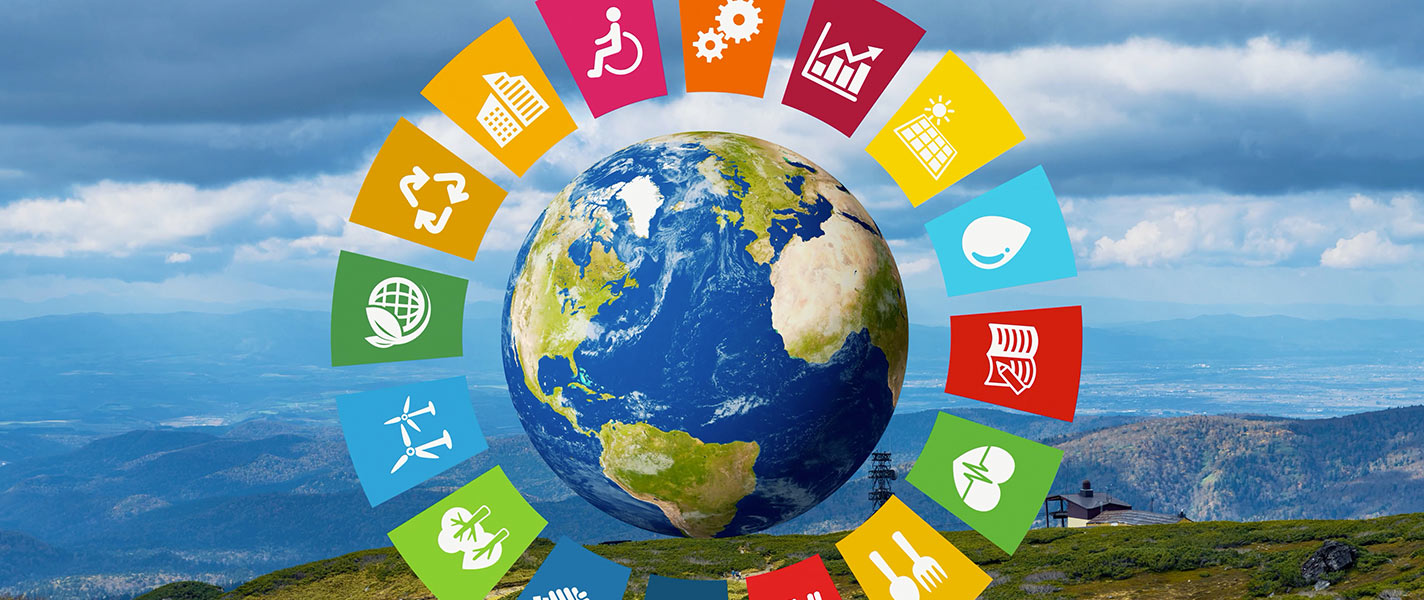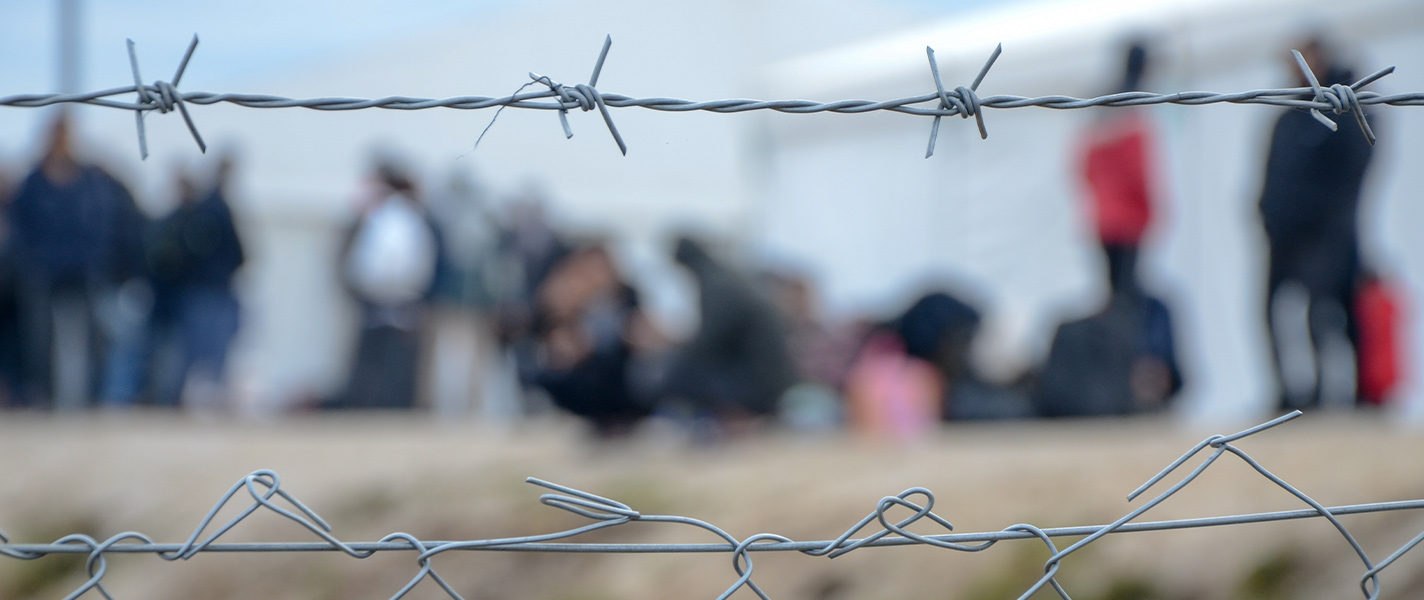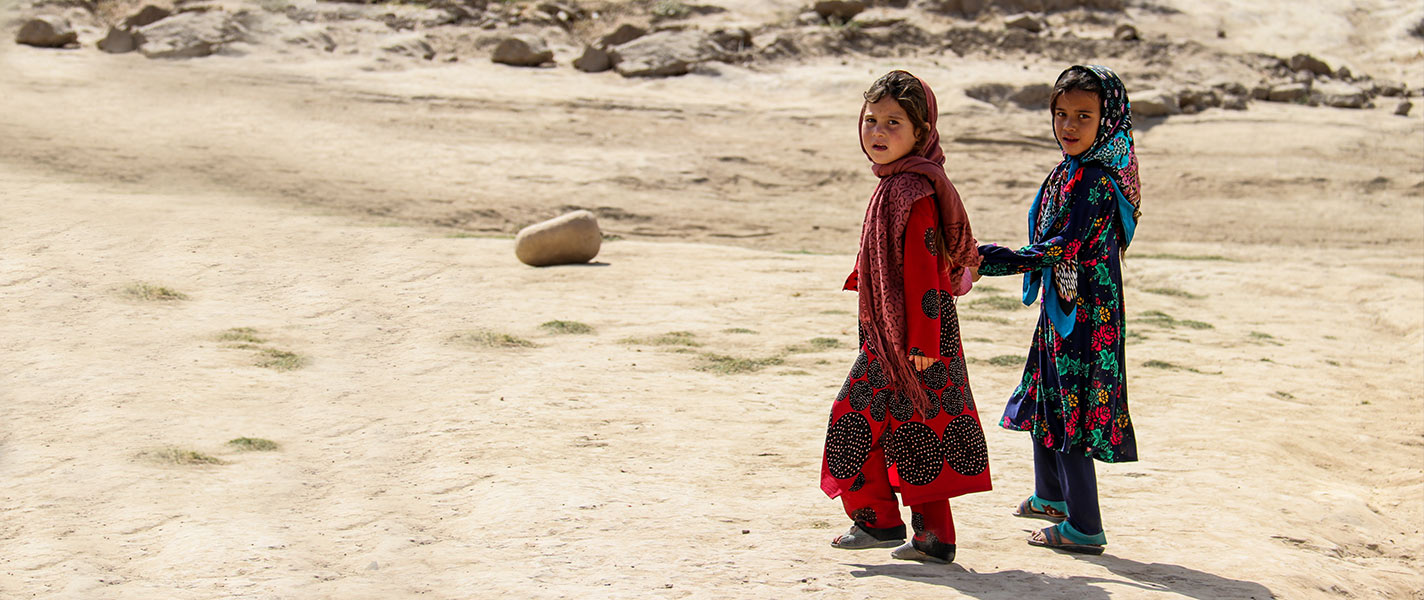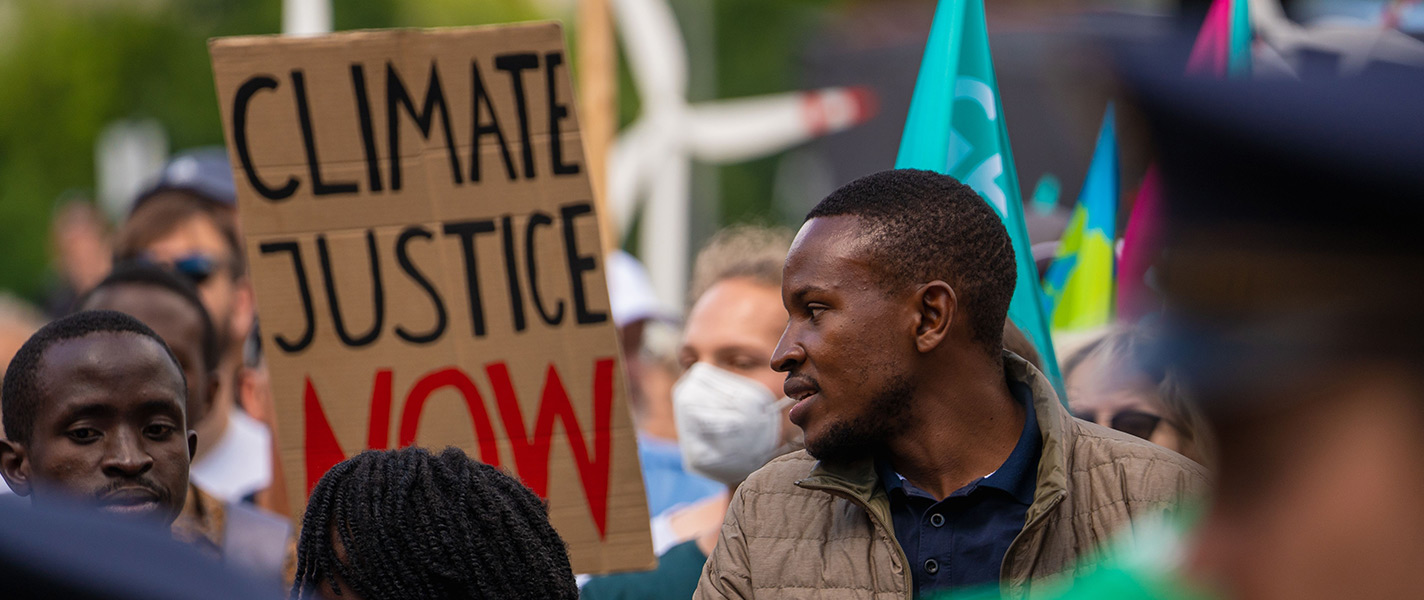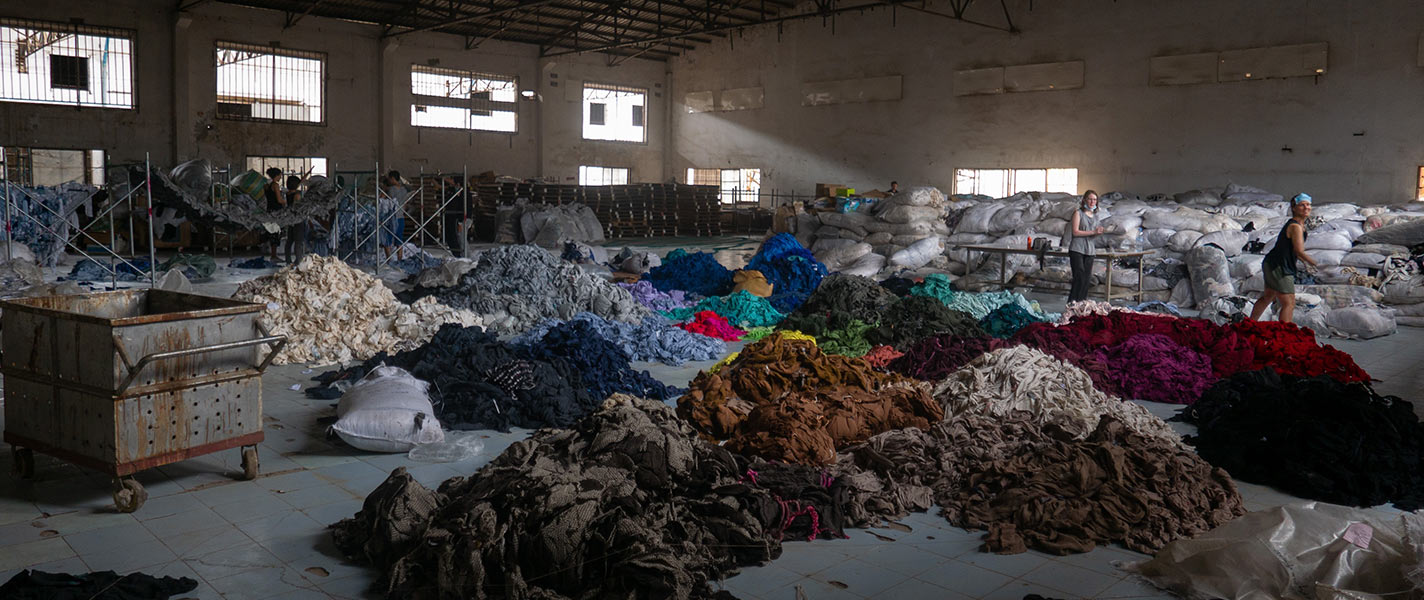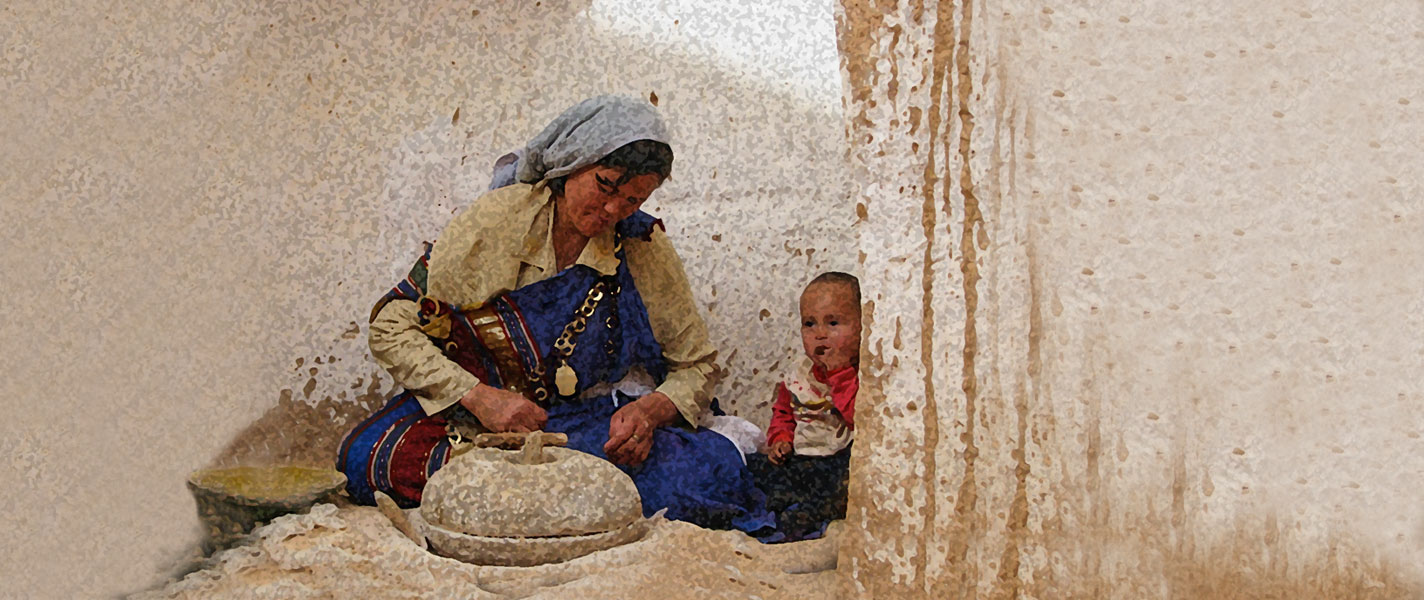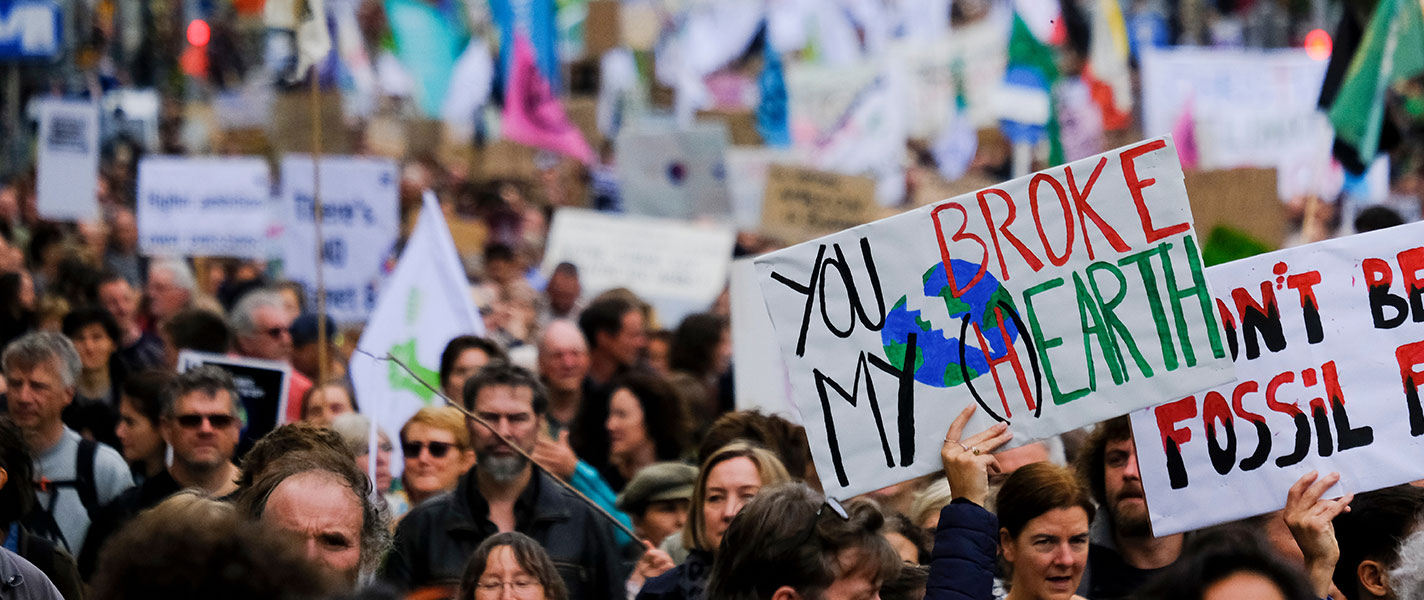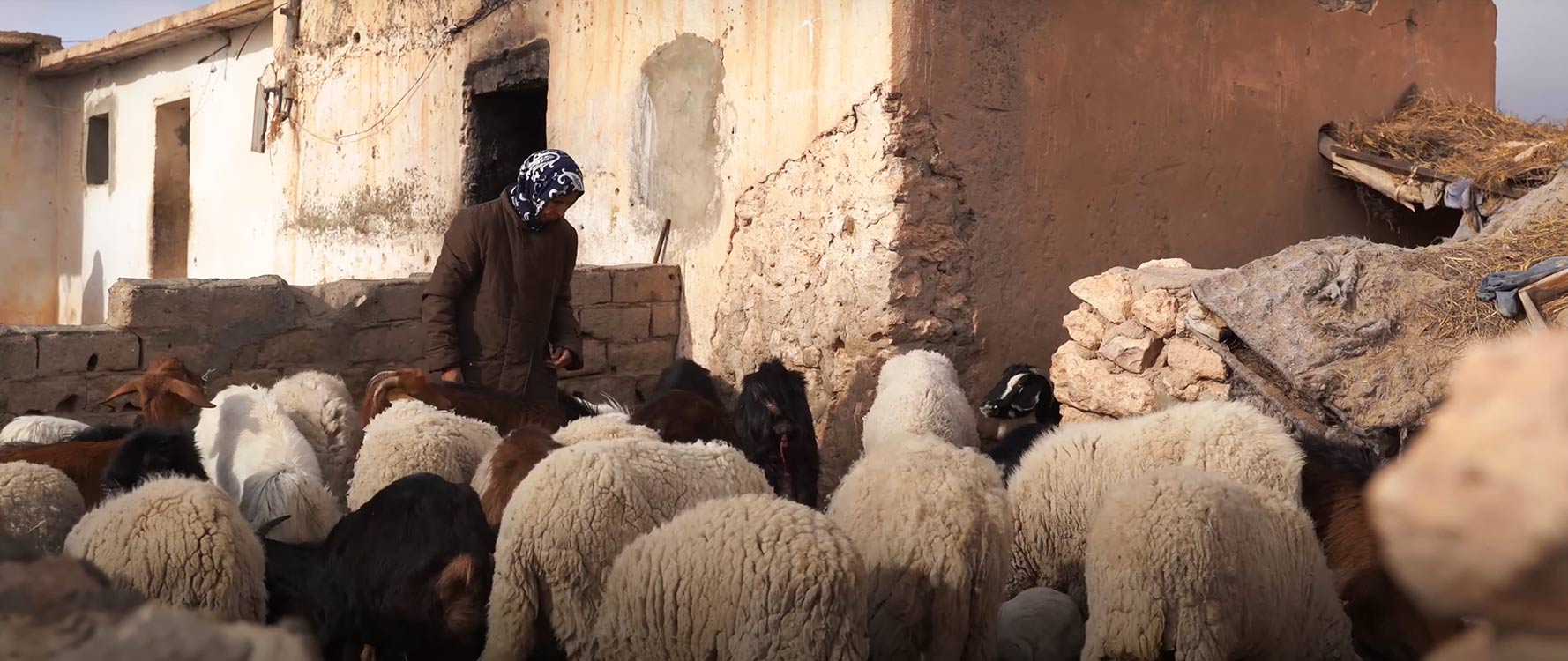Youth Rally for Biodiversity!
With an exceptional track record of leadership, youth are bringing their voices, hearts and actions to propel global leaders to live up to their environmental commitments.
In celebration of International Youth Day, LEED Initiative celebrates youth efforts and hard work in advocating for environmental causes as part of LEED’s Youth Empowerment pillar to promote youth leadership. LEED Initiative firmly believes that youth are the true agents of change.
Climate change is no longer a future concern. We see its effects with frequent than ever wildfires, long period of drought in numerous parts of the world, and the extinction of animal and plant species, all due to current greenhouse gas emissions trajectories. This catastrophic loss will reduce biodiversity; thereby altering human societies and ecosystems respectively. These ecosystems on which all species depend are severely deteriorating more rapidly than ever.
Biodiversity is a term that refers to the variety of life on earth at all its levels, from genes to ecosystems, and can encompass the evolutionary, ecological, and cultural processes that sustain life. With climate change as an eminent threat to biodiversity; the latter has become a growing movement with substantial audience and support. Indeed, more global attention has been given to this matter. During the 1992 United Nations Conference on Environment and Development, world leaders came to an agreement that achieving sustainable development requires the full and active participation of all sectors and demographic age groups, including youth.
International Efforts to Restore Biodiversity
Since then, youth has been on an ongoing pedestal, taking part in progressive and substantive inclusion in political and decision-making progresses, at local, national, regional and international levels in order to prevent the loss of biodiversity. Youth has shown a substantial commitment to join governments and stakeholders in efforts to safeguard biodiversity by establishing international networks. For instance, the Global Youth Biodiversity network is a global platform where youth voices are being represented in the negotiations under the Convention on Biological Diversity. This platform, utterly run by young people for young people, raises awareness among youth of the values of biodiversity, and connects individuals and youth organizations in order to build a global coalition.
Along with establishing networks, youth are making their voices heard in international conferences and forums. As a matter of fact, 34 young advocates, representing natural World Heritage sites around the world have launched the Go4BioDiv International Youth Forum, under the theme of “Our Treasures at Risk- World Heritage Sites in Times of Climate Change”, presenting their different concerns about the problems these sites face especially through climate change, and their common vision in held workshops, events and discussions with politicians and stakeholders. The Go4BioDiv advocates and ambassadors are calling on the world community to act now in order to save their World Heritage sites and all its treasures.
International efforts to restore biodiversity in different parts of the world have taken the environmental scene by storm; however, there remains an inadequate body of biodiversity-related research and academic education in the Middle East and North Africa. Throughout the MENA, a multitude of severe threats to ecosystems and biodiversity prevail including habitat destruction, deforestation, pollution, illegal hunting and poaching among many others. Due to an unprecedented and alarming speed of urban and industrial development in recent decades, the Middle Eastern Biodiversity Network (MEBN), was founded in 2006 by six universities and research institutes in Iran, Jordan, Germany, Lebanon and Yemen, to upgrade biodiversity research and education and further improve regional ecosystem conservation and management capacities. The network carries a variety of activities that encompass capacity building in biological collection management, as well as, conducting scientific researches and organizing conferences and workshops on Middle Eastern biodiversity.
In conclusion, youth engagement has so far positively contributed to preserving the environmental conditions that have served humanity for over 10,000 years. Plus, COVID-19 pandemic has further highlighted an acute need for a kind of real transformational change, a mixture of creatively and strong will that only young people can bring to the table.



